Building strong legs has always been a cornerstone of effective fitness programs. While the traditional barbell squat remains popular, more lifters today are turning to a belt squat machine to achieve serious lower body gains without placing unnecessary strain on their spines. This innovative equipment offers a safer and more accessible way to load up heavy while keeping pressure off the back and shoulders.
What is a Belt Squat Machine?
A belt squat machine allows you to perform loaded squats using a belt secured around your waist. Instead of balancing a barbell across your shoulders, the weight is attached directly to the belt, distributing the load through your hips and legs. This setup not only reduces spinal compression but also enables users to maintain a more upright torso position, promoting better squat mechanics.
Advantages Over Traditional Squats
One of the main reasons athletes love the belt squat is its ability to target the quads, glutes, and hamstrings while dramatically reducing stress on the lower back. It's ideal for individuals rehabbing injuries, those with limited shoulder mobility, or lifters aiming to train legs more frequently without overtaxing the spine. By taking the upper body out of the equation, users can focus purely on developing powerful, muscular legs.
Exploring Variations: Hip Squat Machines and Chain Systems
Several variations of the belt squat concept exist. A hip squat machine, for example, offers a similar training stimulus but with slightly different mechanics. This style often features a more vertical loading pattern, engaging the hips and glutes to a greater degree.
Meanwhile, a chain squat machine introduces a dynamic element to the lift. As the chains unravel during the descent and tighten on the way up, the resistance increases. This "accommodating resistance" helps build explosive power and strength throughout the entire range of motion.
For those seeking maximum versatility, a squat machine with belt and chain attachments delivers the best of both worlds. The belt ensures low back safety, while the chains add a progressive overload component that challenges both strength and stability.
Choosing the Right Weight Belt Squat Machine for Your Gym
When selecting a weight belt squat machine, several factors come into play. Look for machines with smooth loading mechanisms, durable construction, and adjustable platforms to accommodate different user heights and stances. Some designs integrate both a belt and a chain system, offering unmatched variety in your lower body training regimen.
A squat machine with chain attachments is particularly valuable for athletes focused on developing explosive power, such as sprinters, jumpers, and football players. By changing how the load feels throughout the movement, these machines promote greater force production at key points of the lift.
Conclusion: A Smarter Way to Squat
Whether you opt for a traditional belt squat machine, a hip squat machine, or a squat machine with belt and chain functionality, investing in one of these systems can revolutionize your leg day. Safer, more joint-friendly, and highly effective for building strength and muscle mass, belt squat variations deserve a spot in any serious gym.
By incorporating these machines into your program, you can push your lower body training to new heights — all while protecting your back and joints for the long haul.


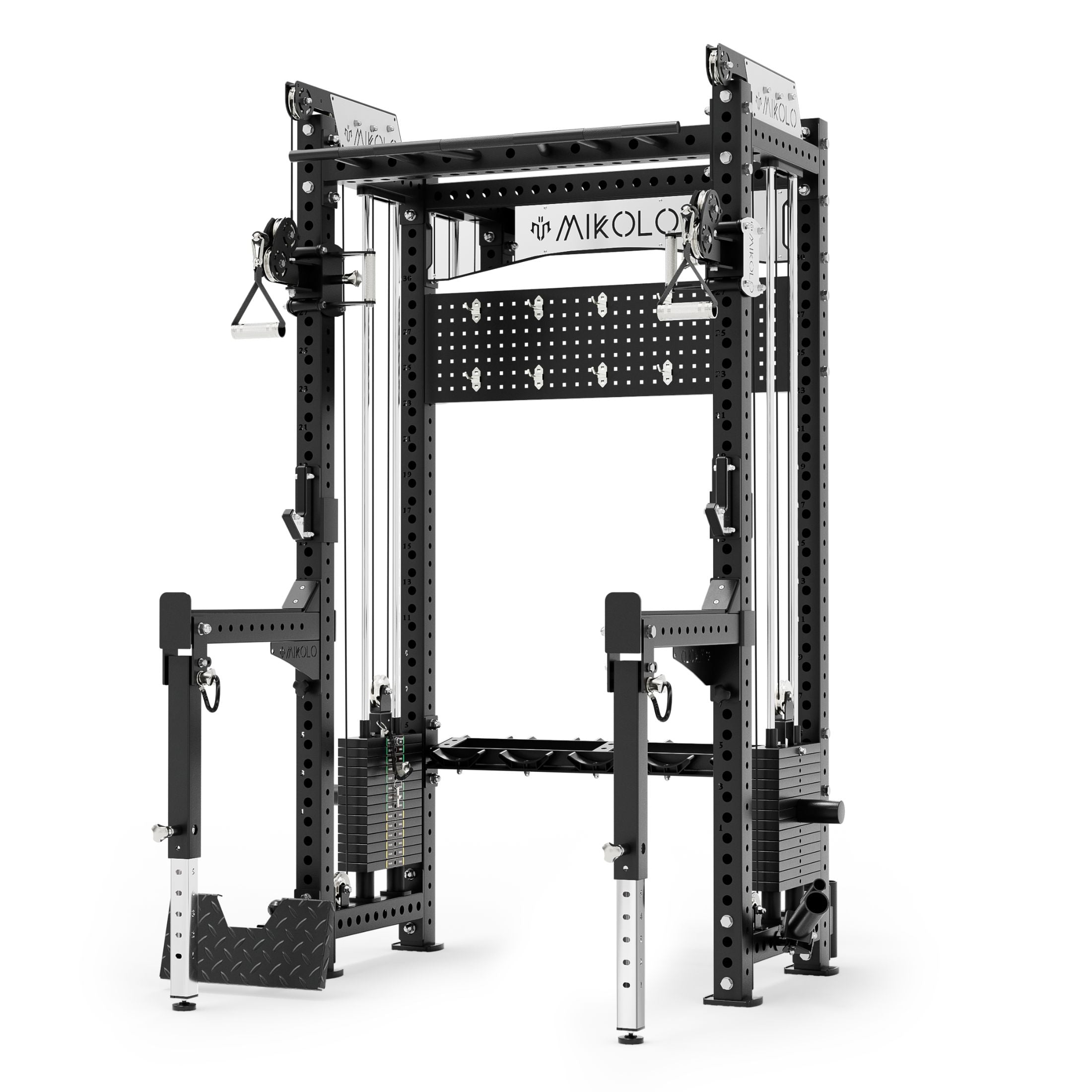
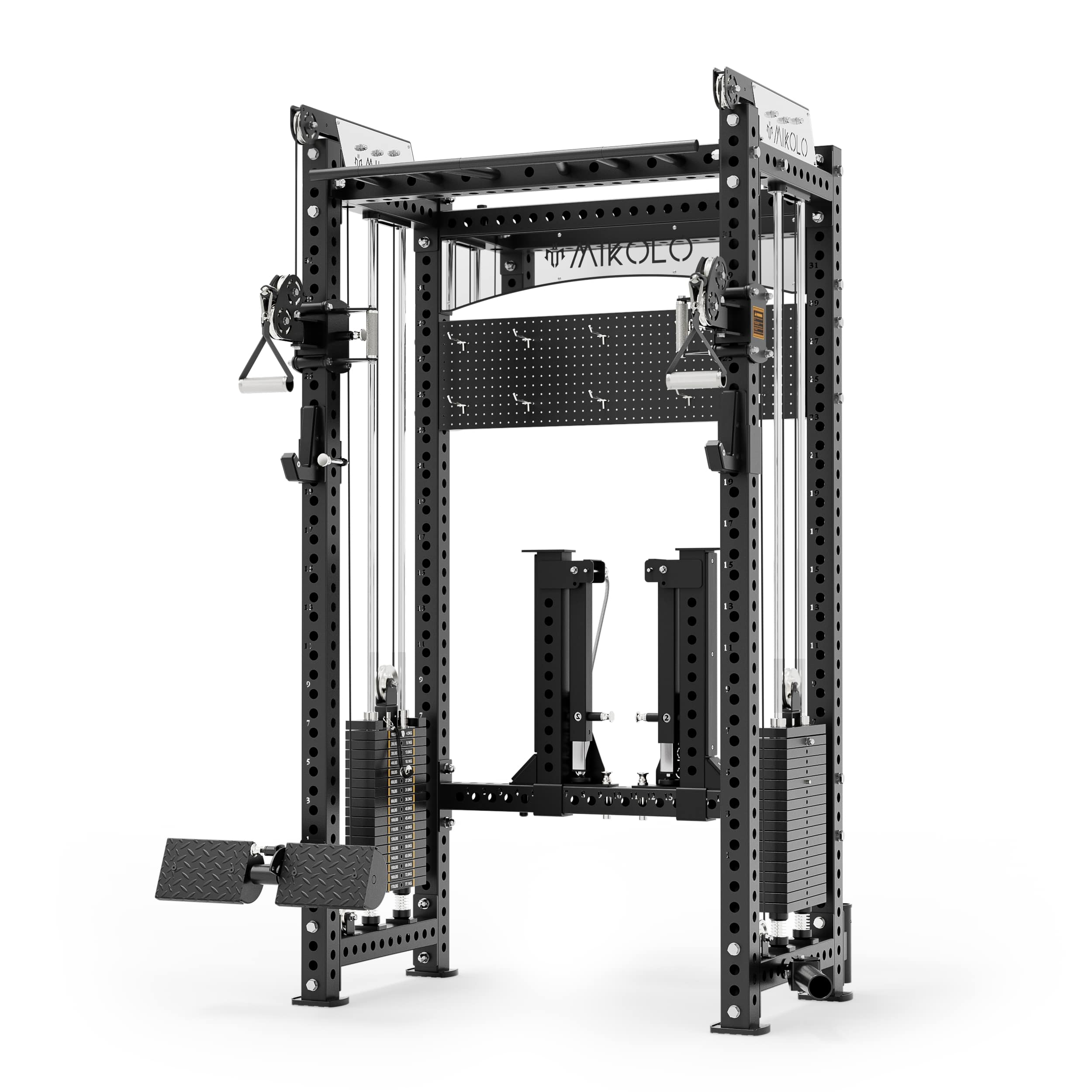
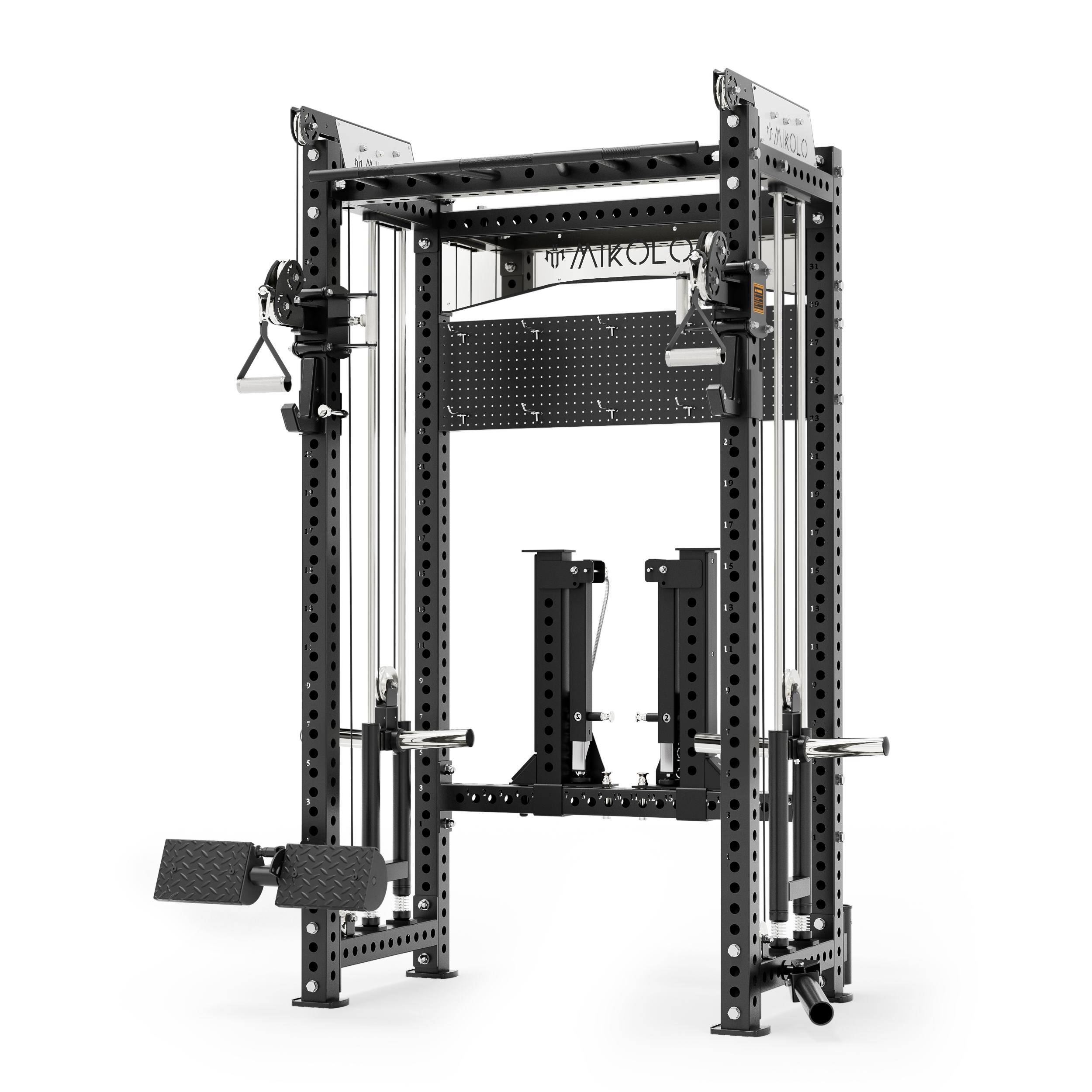


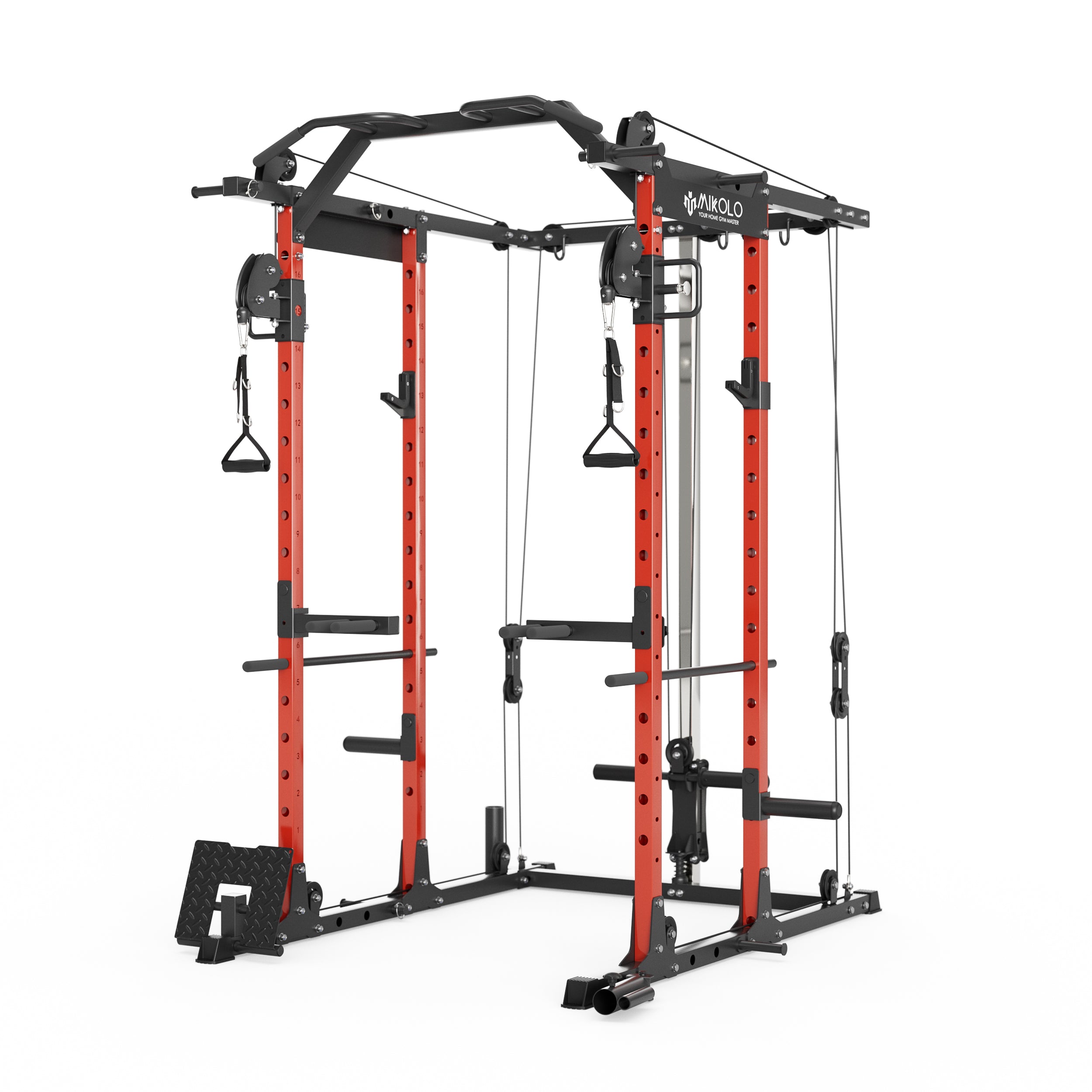
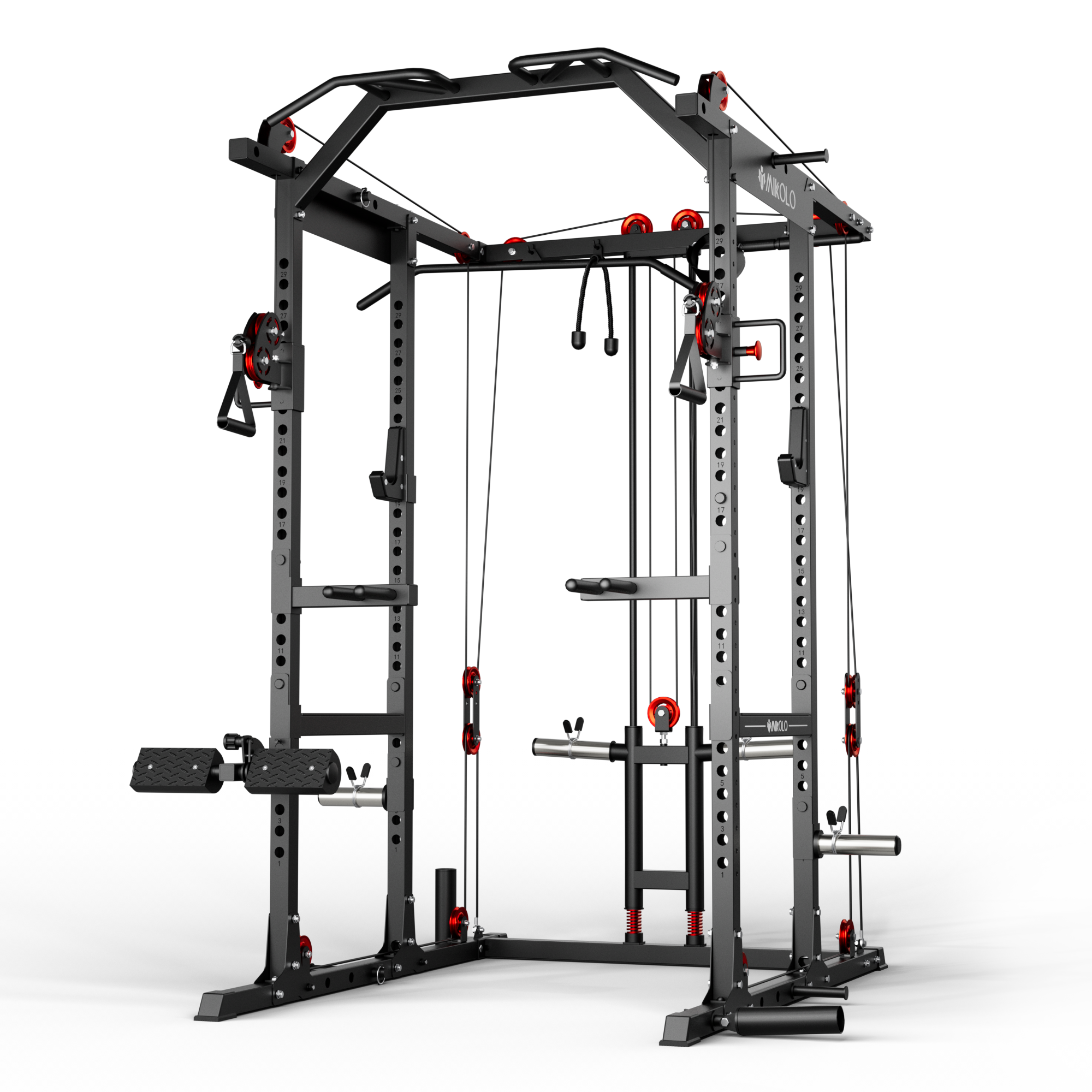

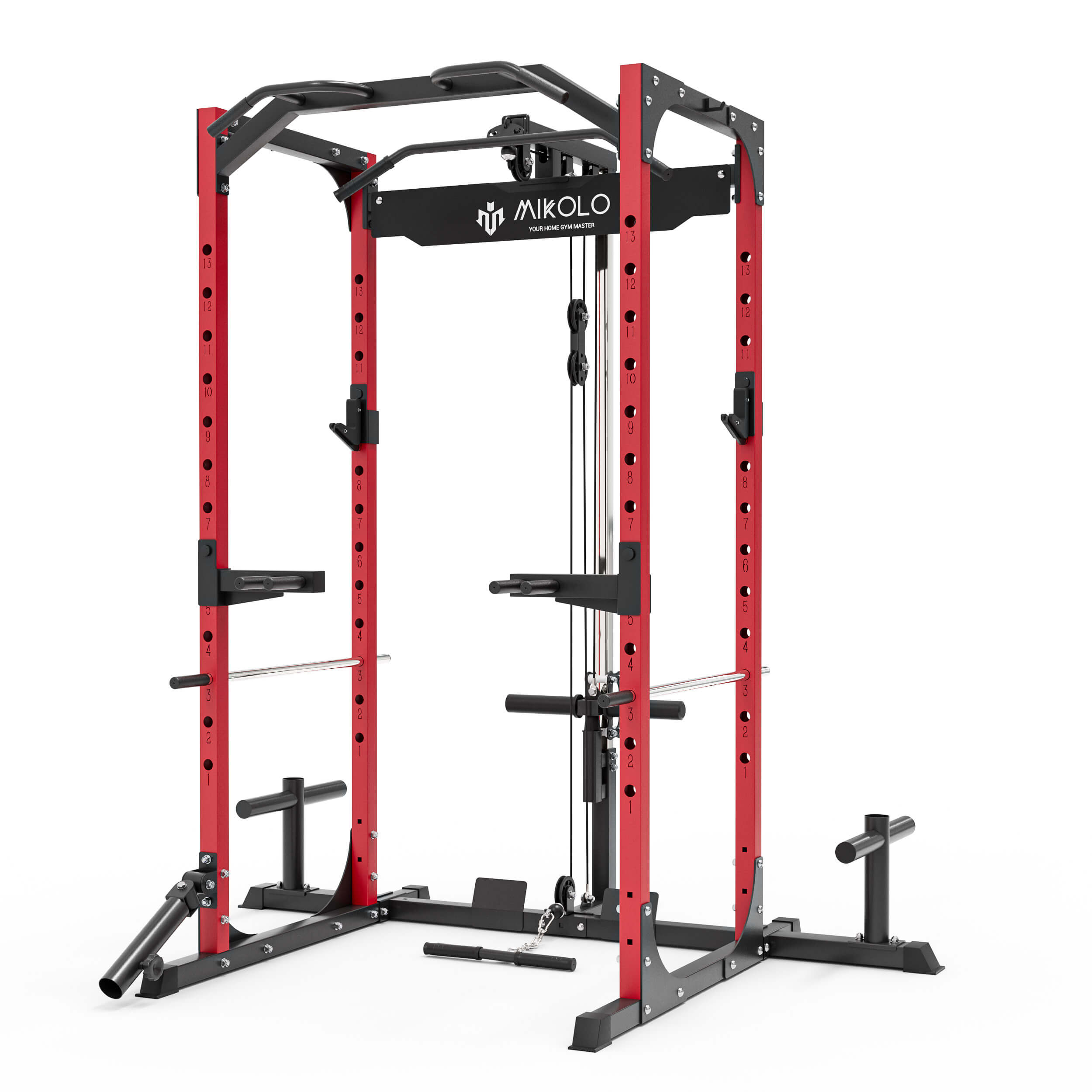

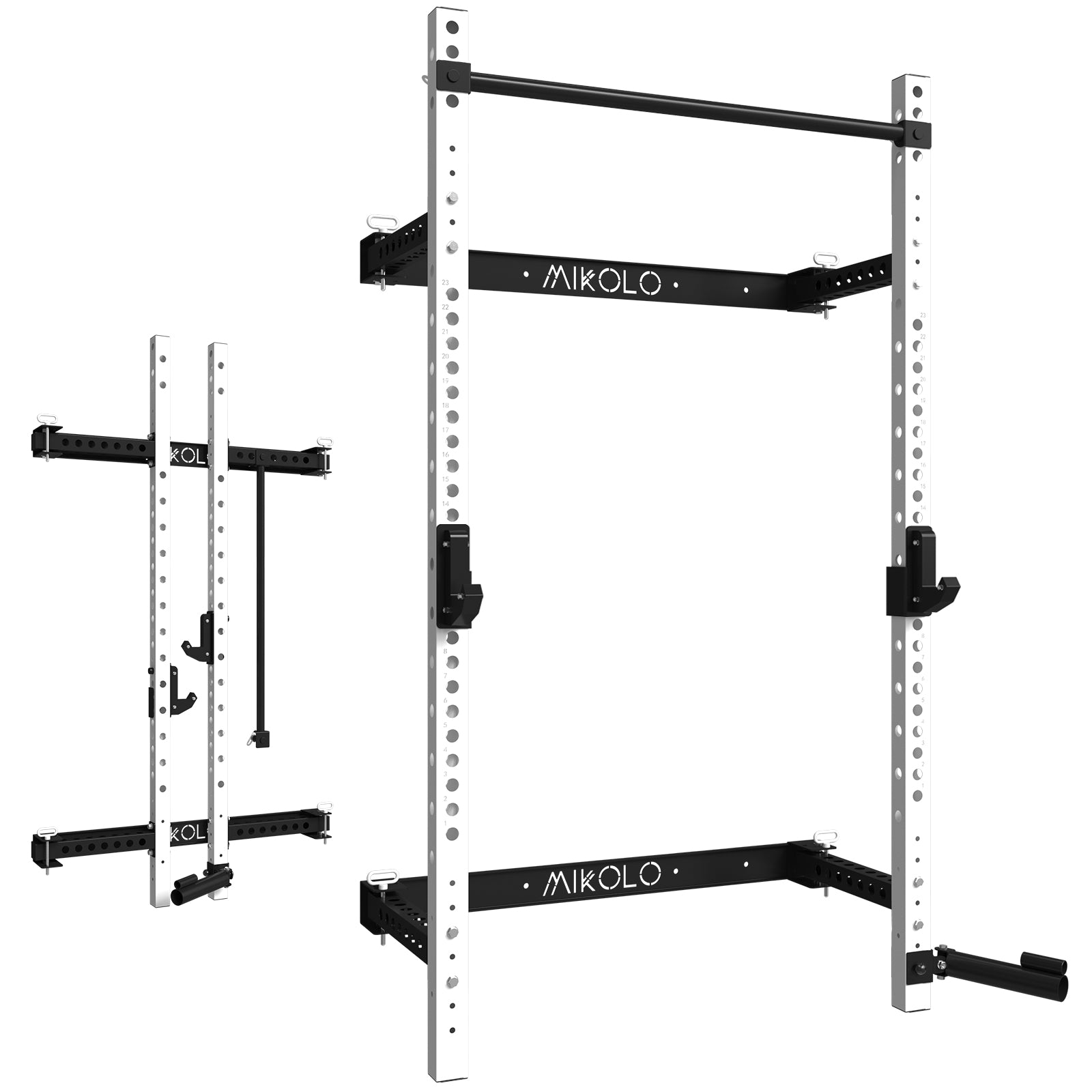

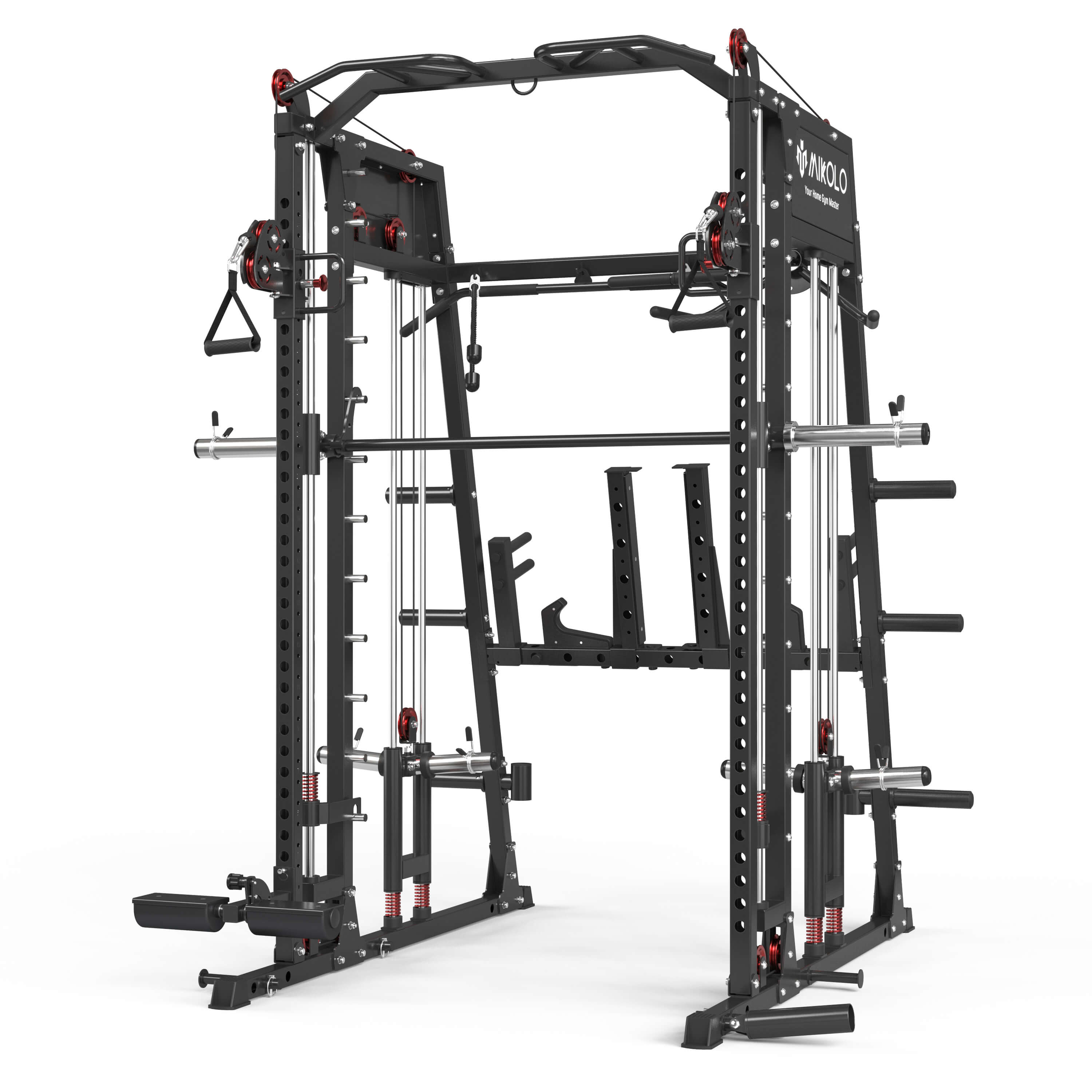
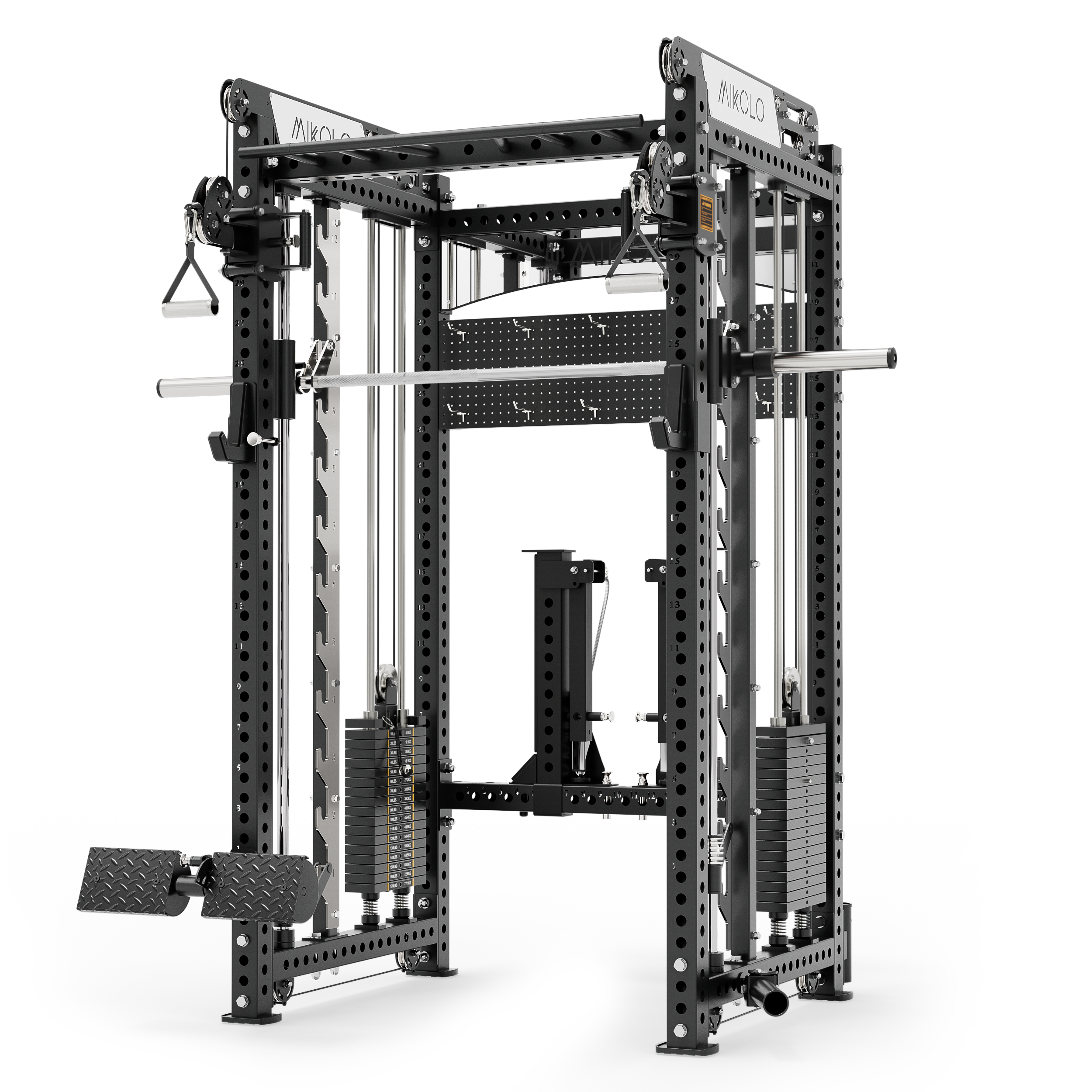
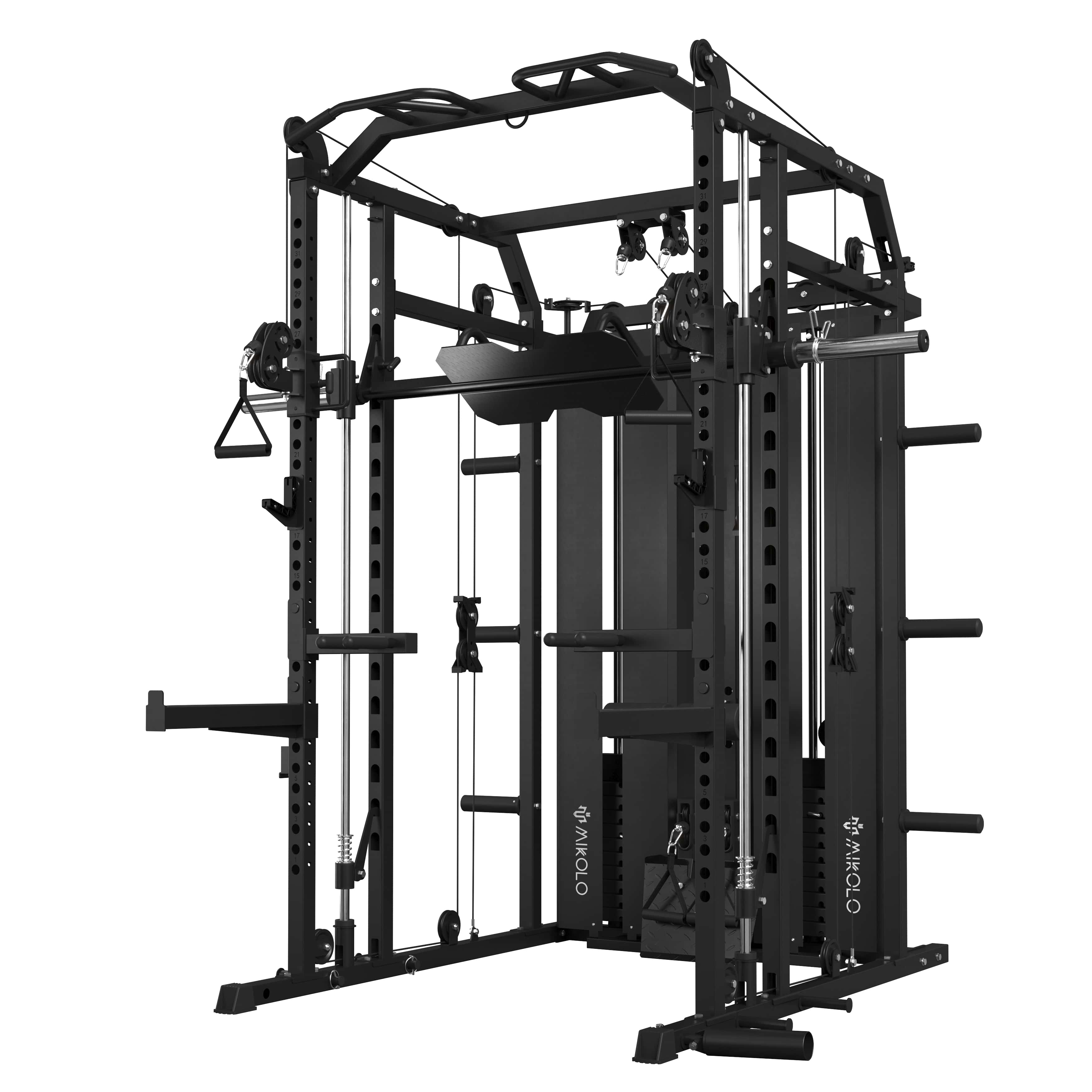
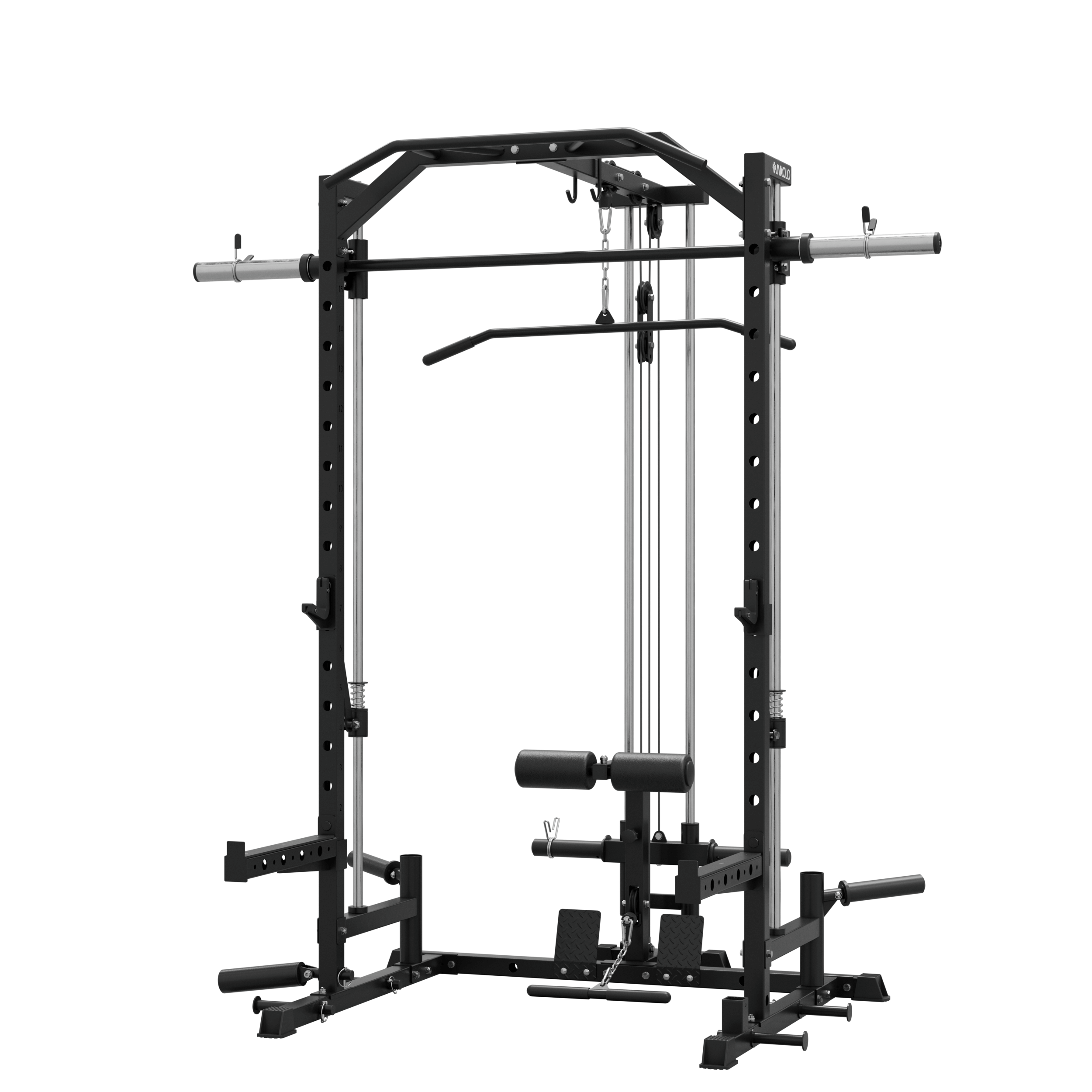
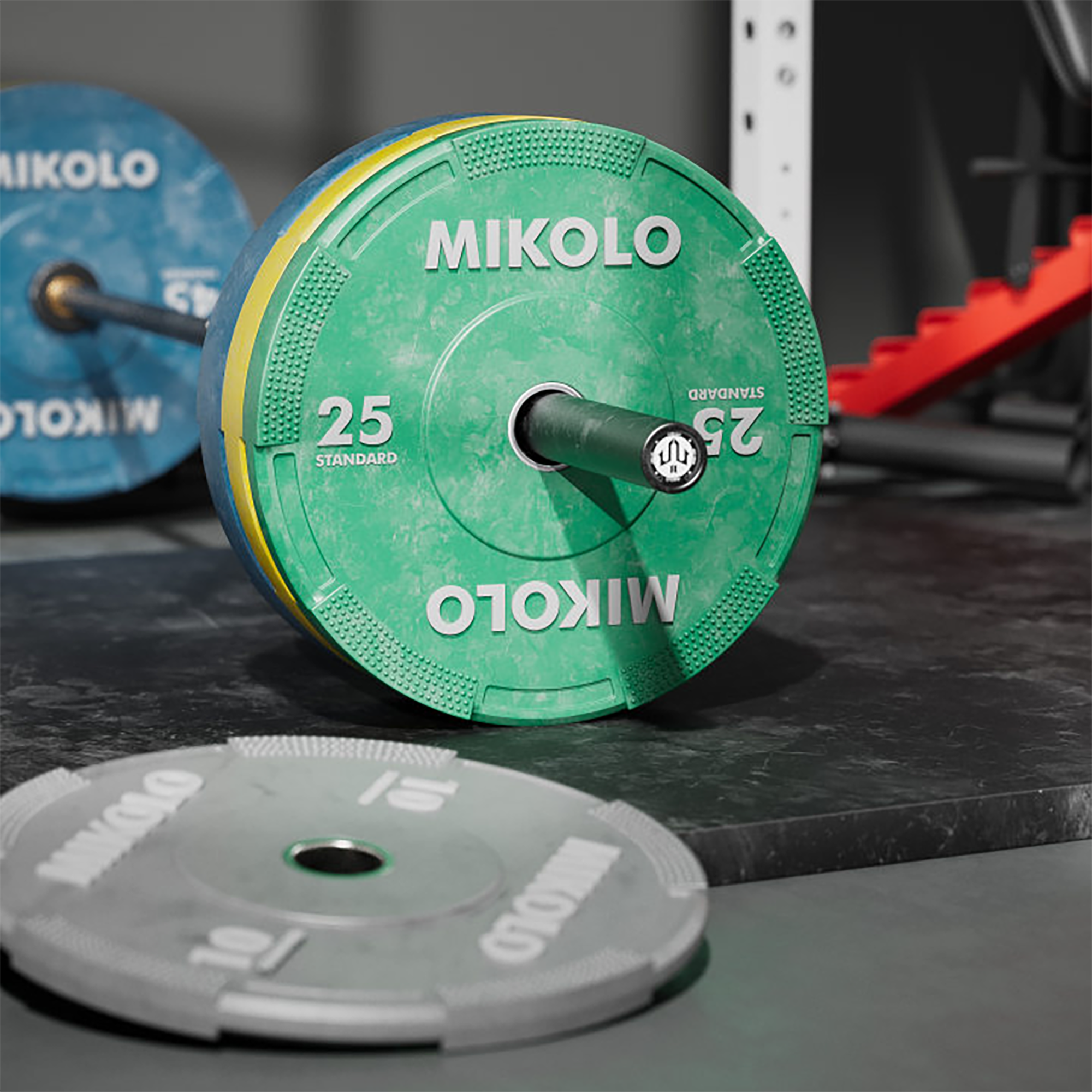


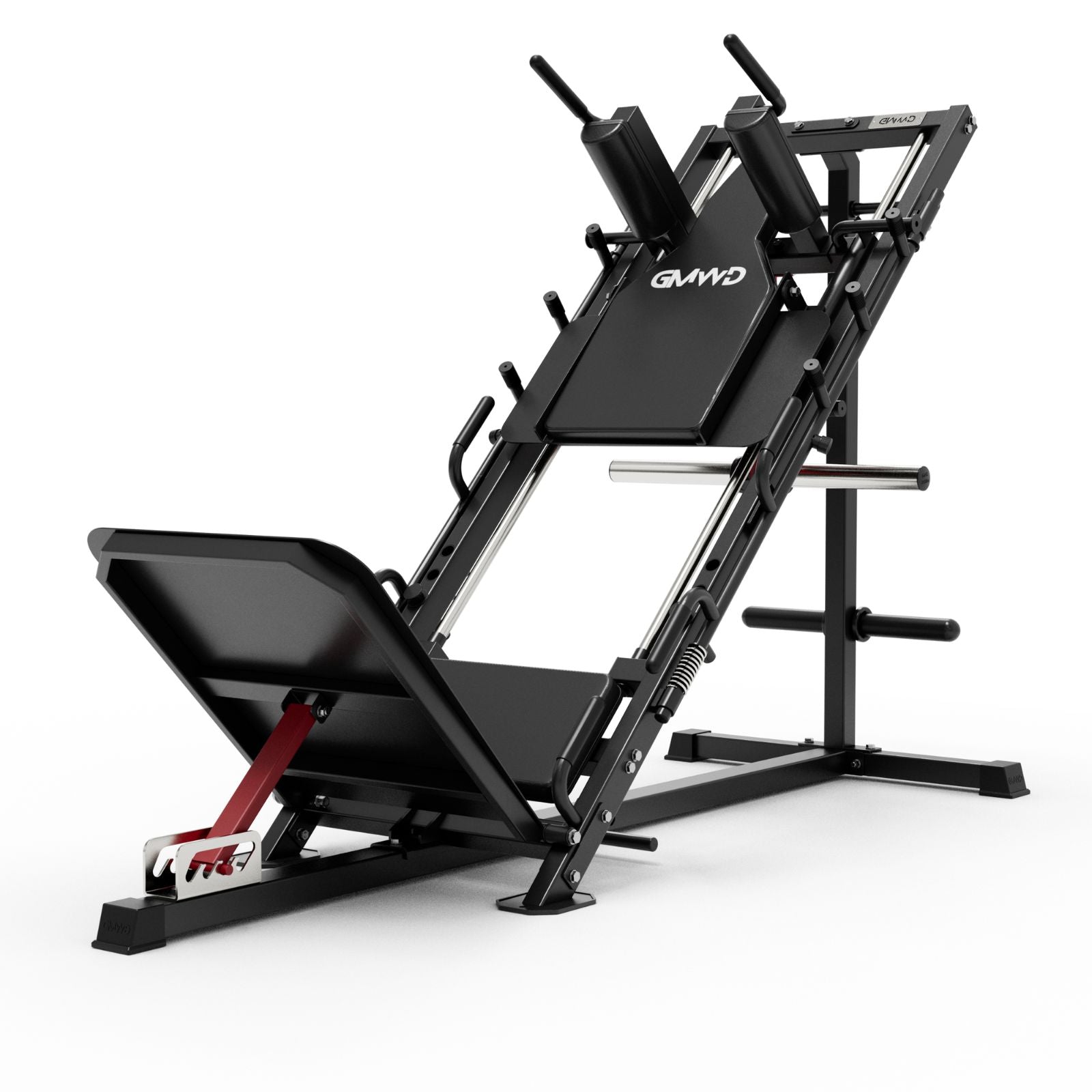


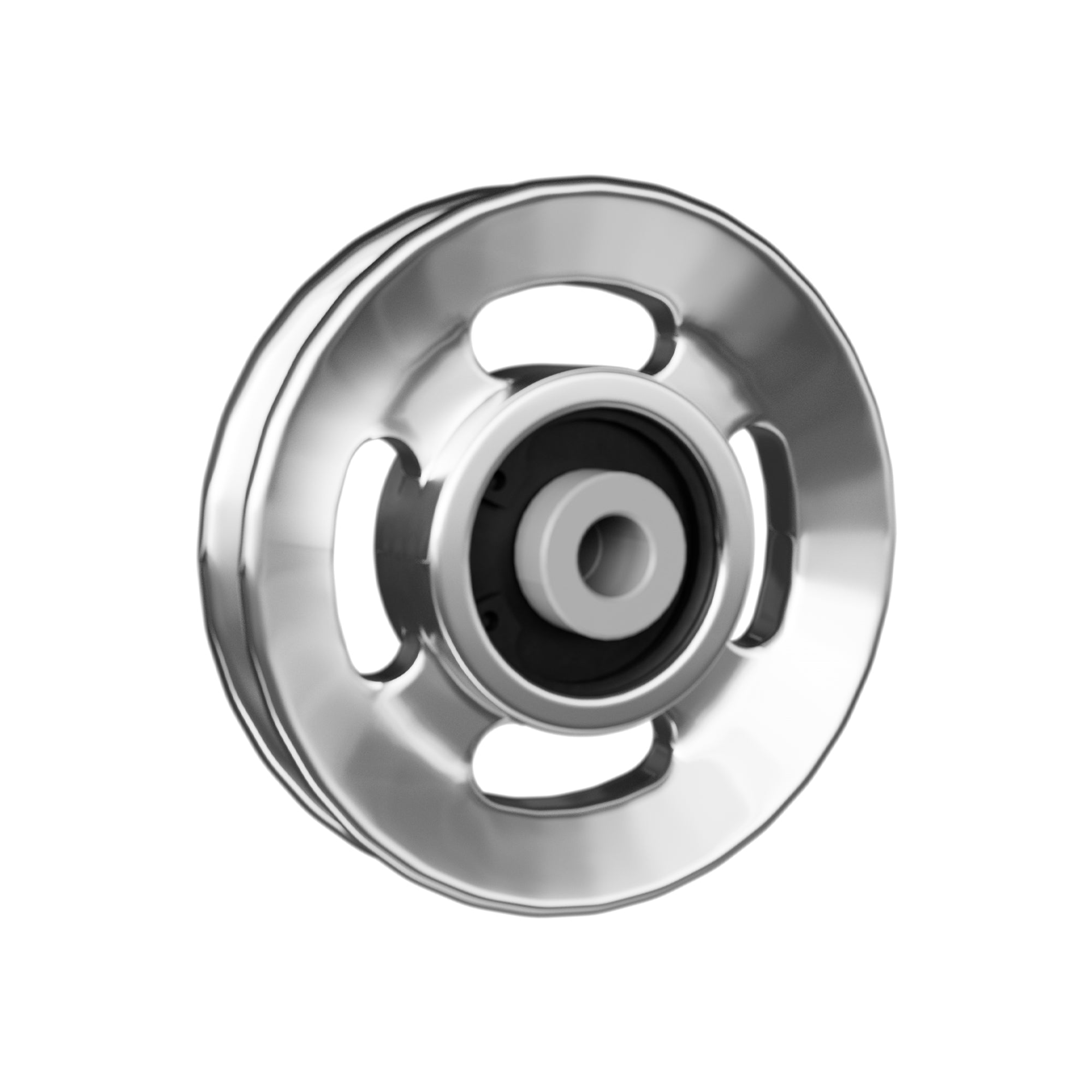
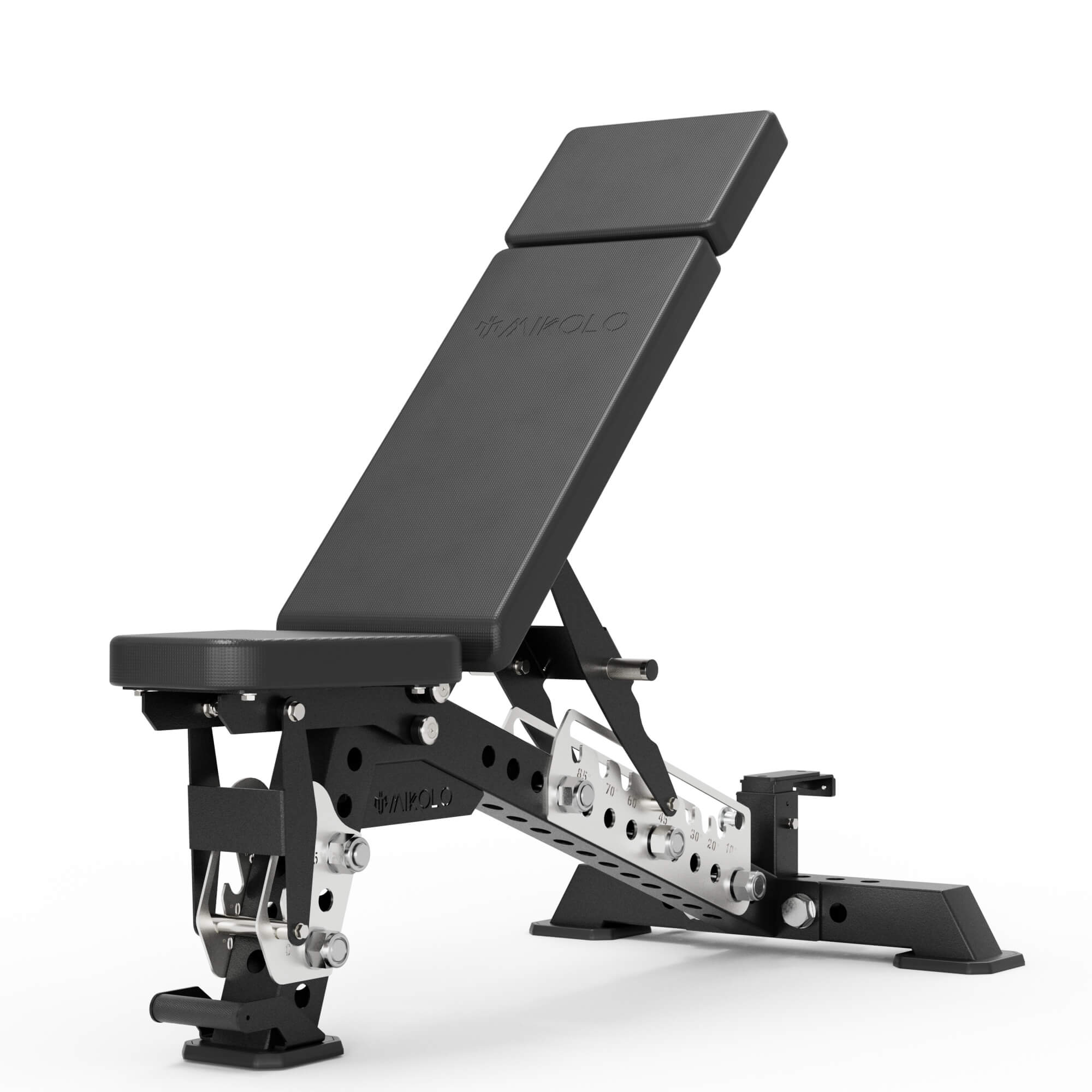
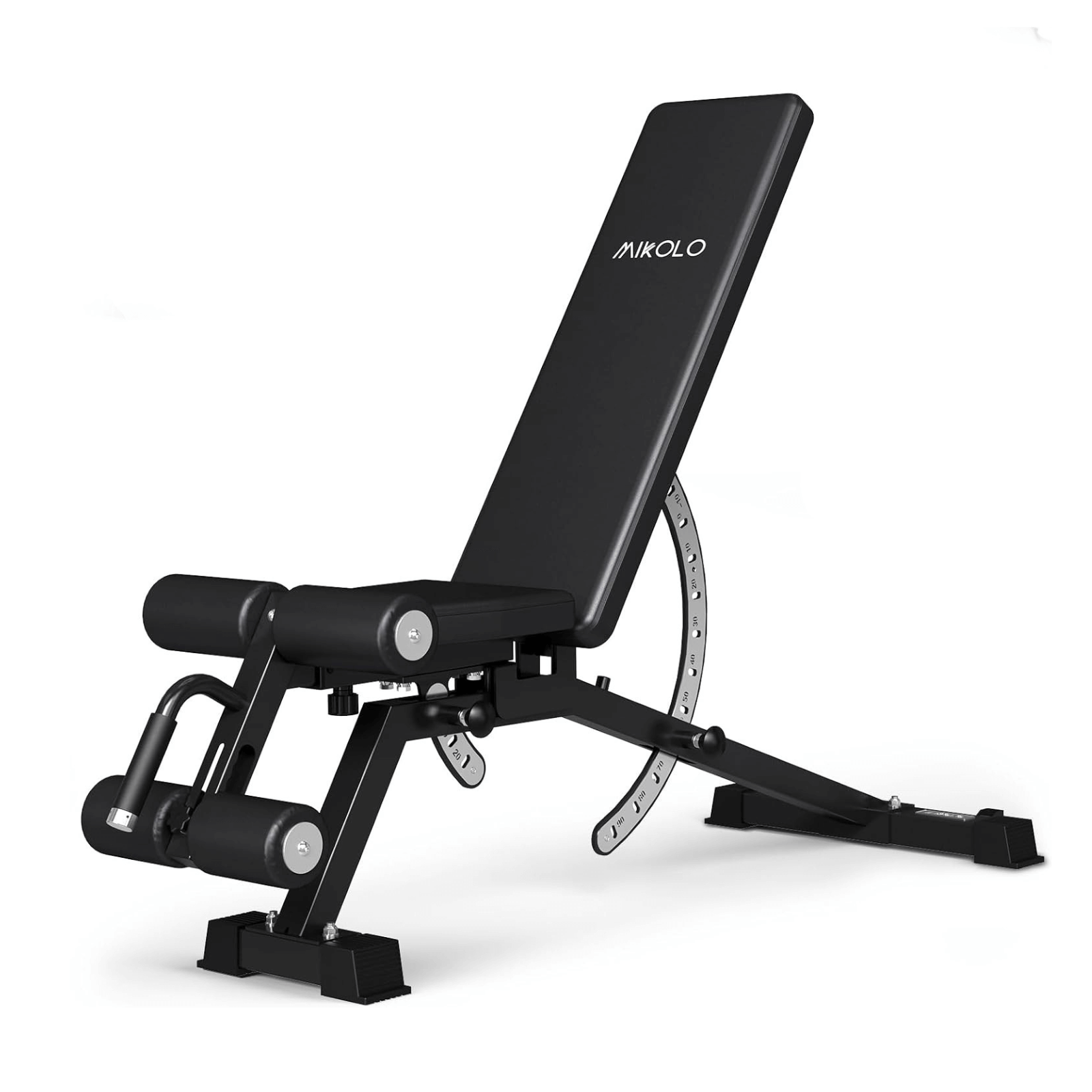



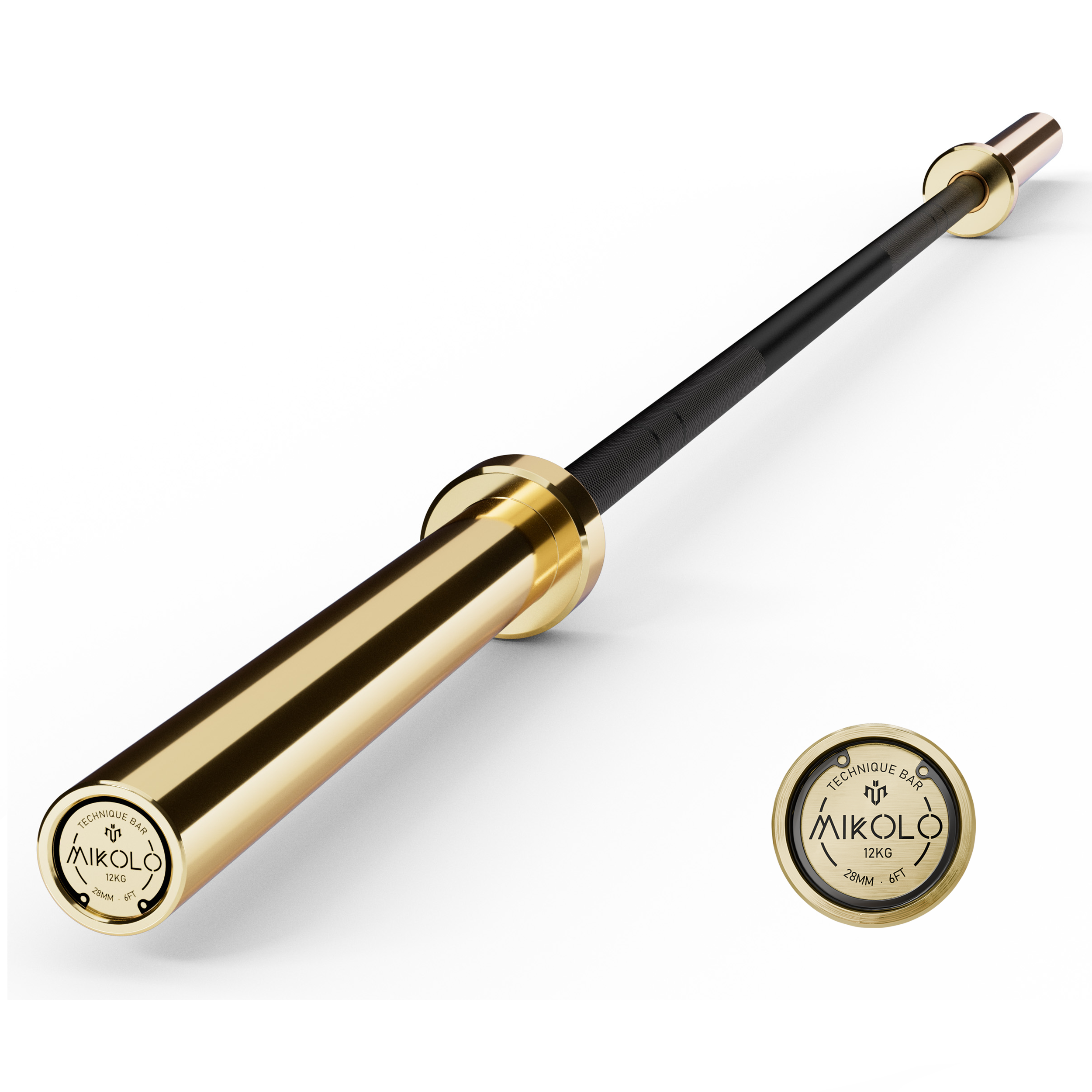
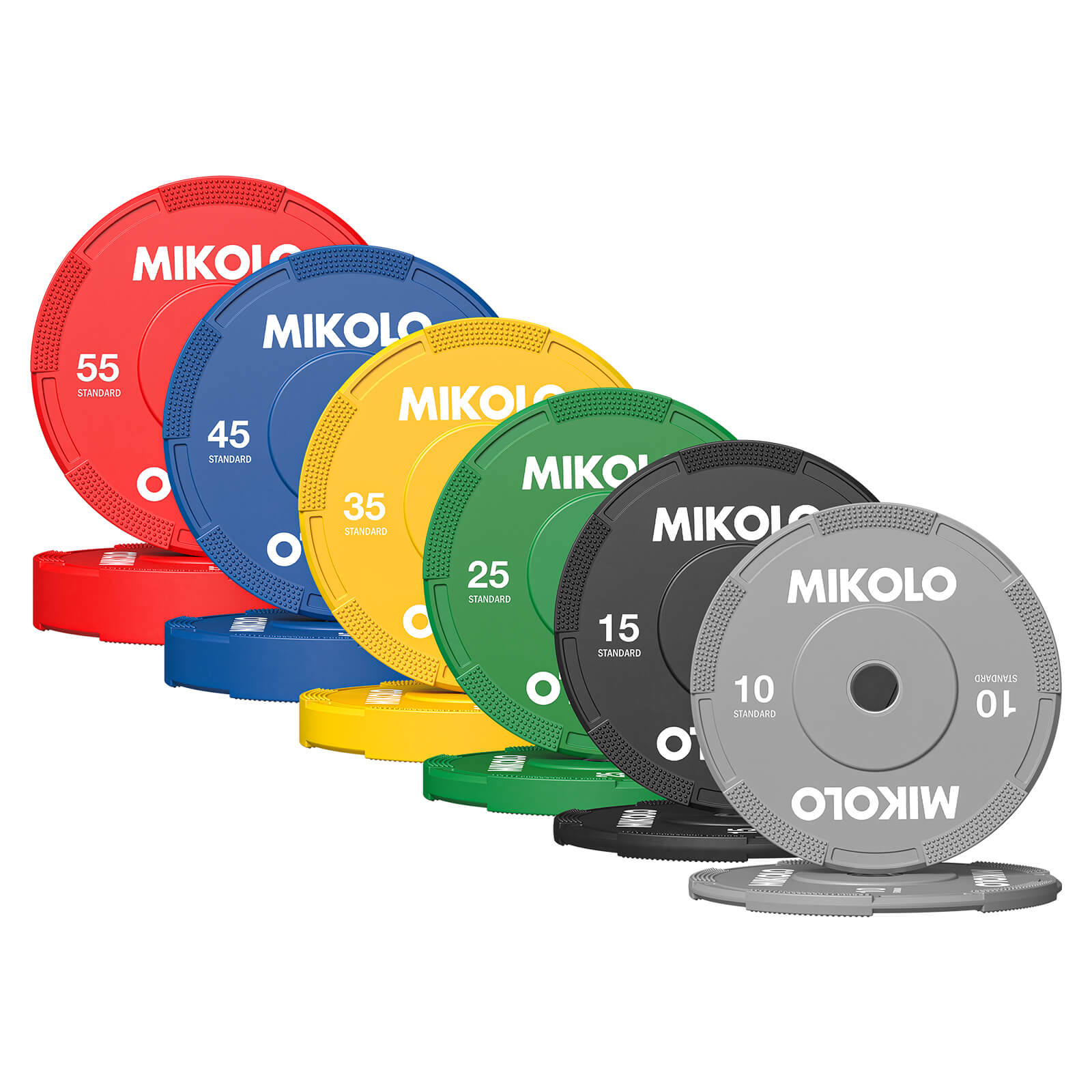

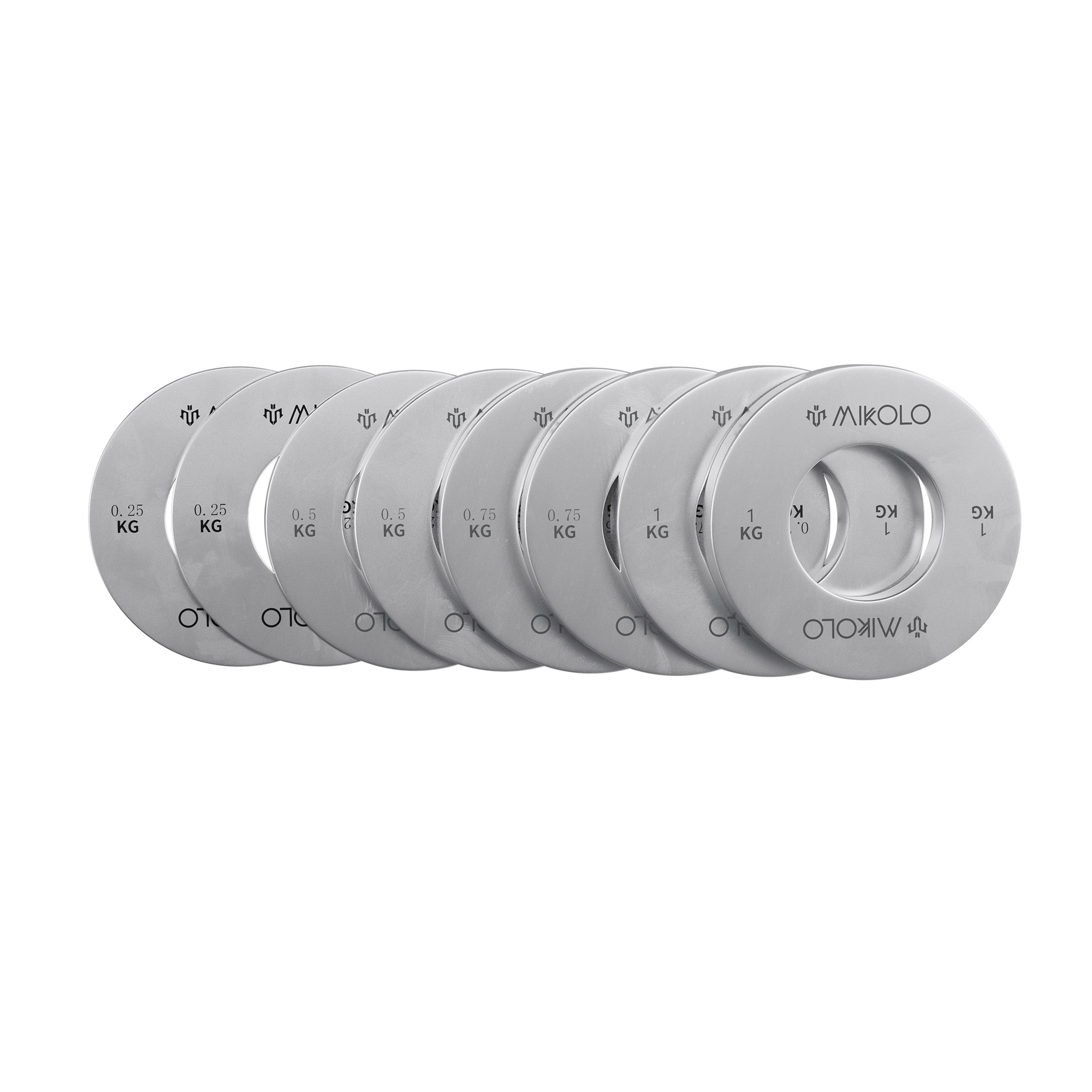

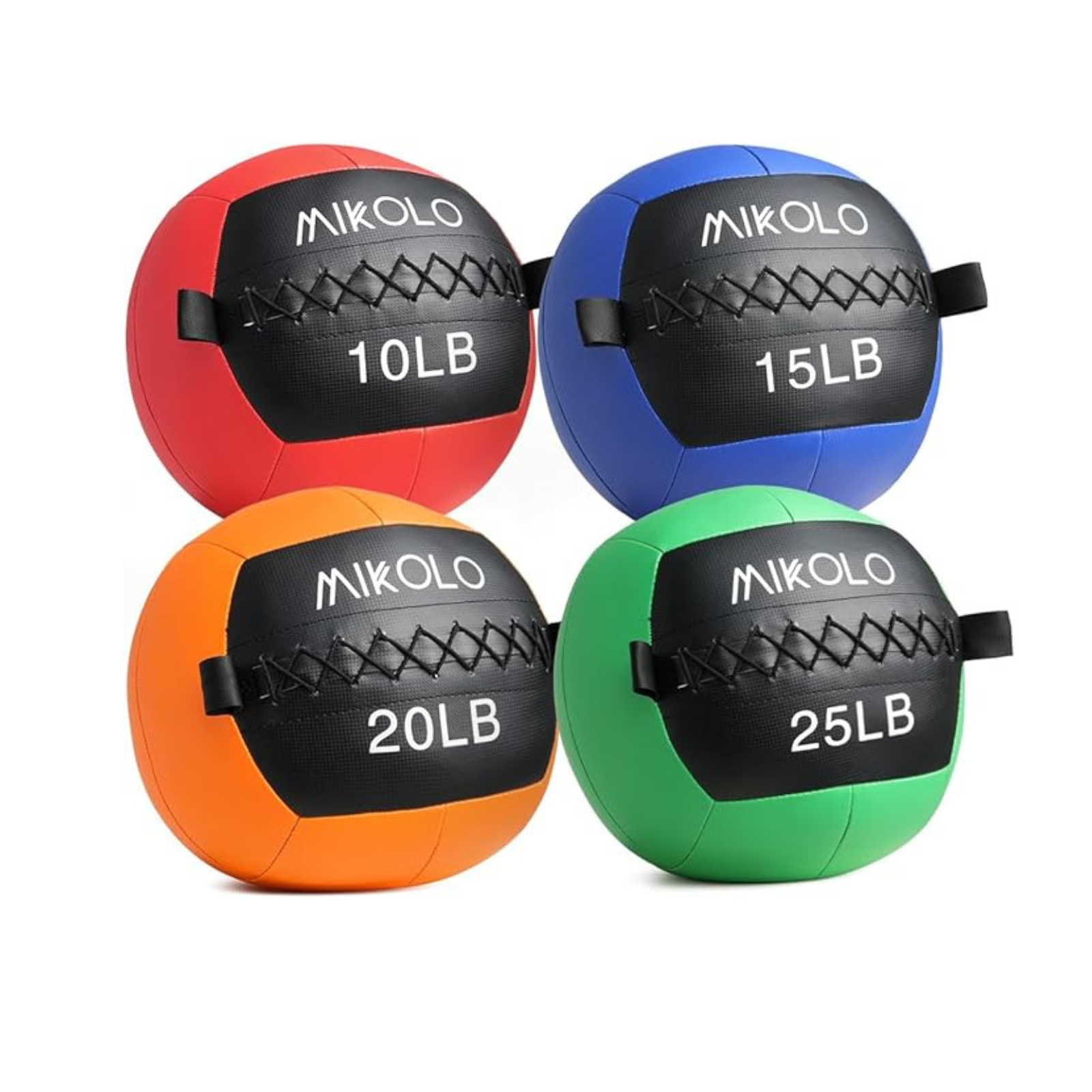
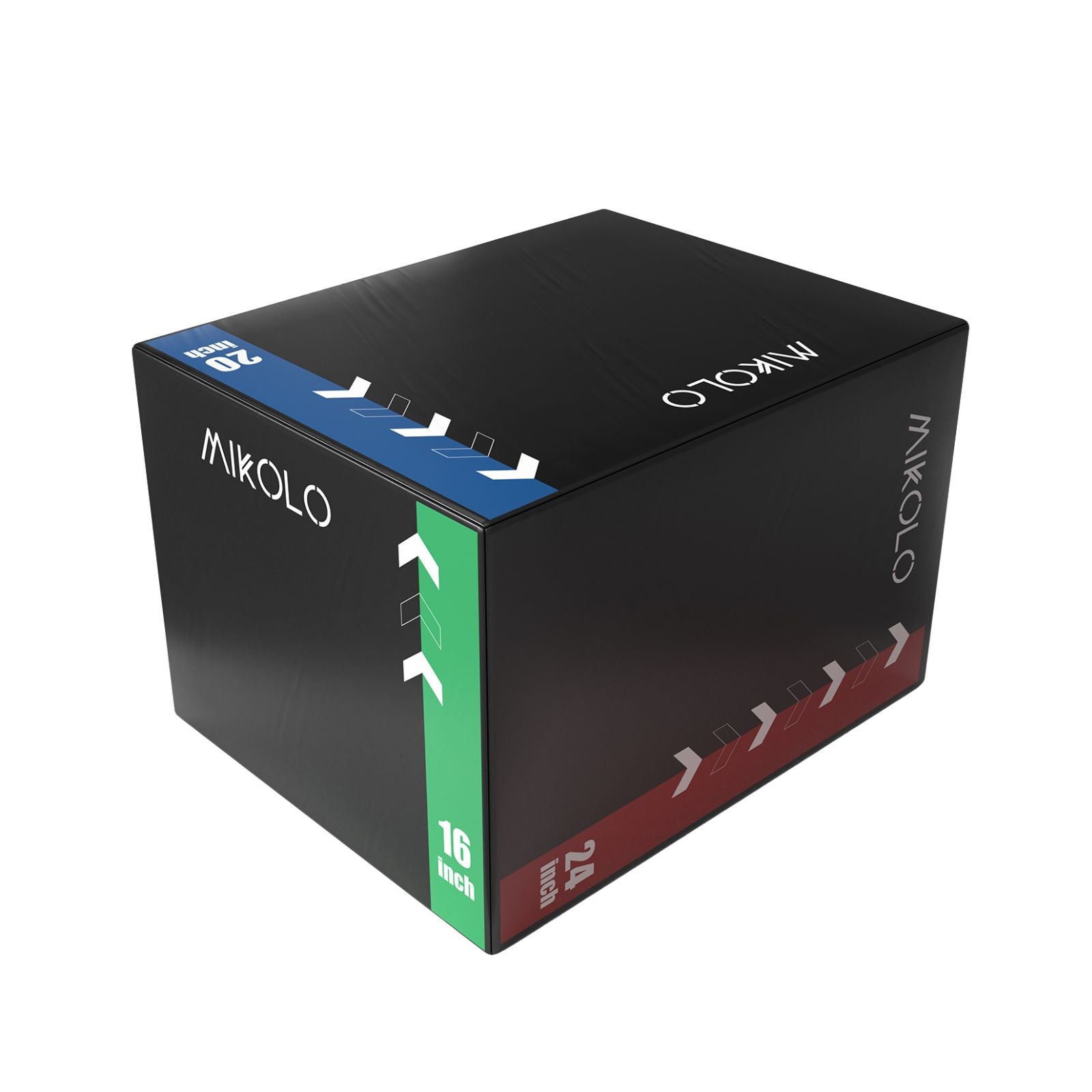






Leave a comment
This site is protected by hCaptcha and the hCaptcha Privacy Policy and Terms of Service apply.